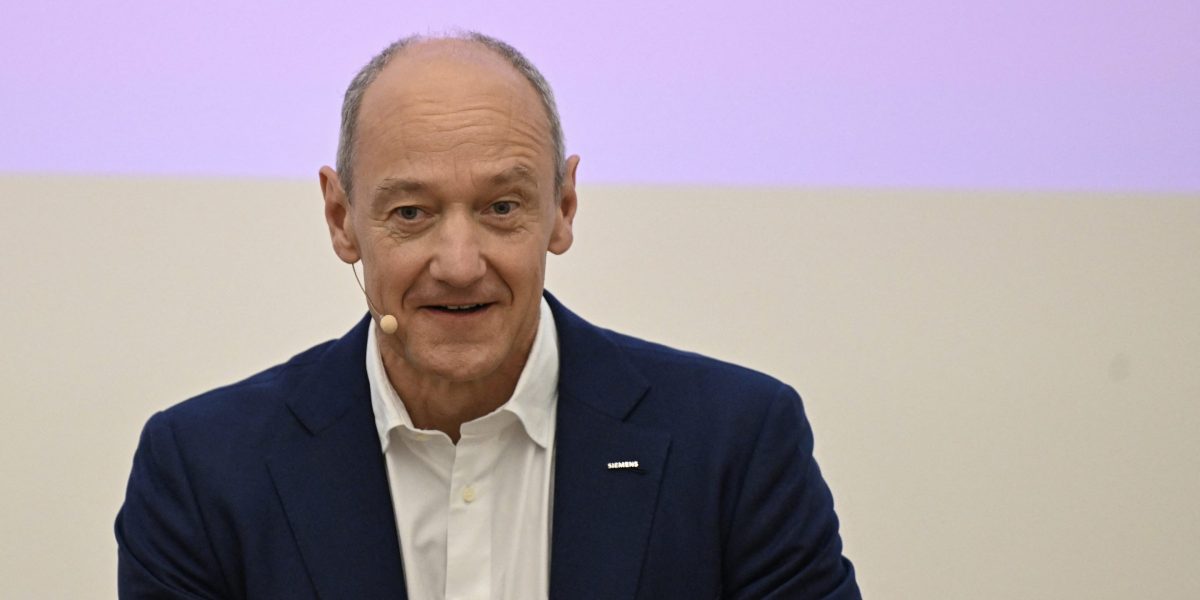German giant Siemens beat profit estimates on the back of AI boom and demand for electrification
Siemens had long been a producer of heavy industrial equipment but has in recent years sought to shift its focus towards digital technology and factory automation.


German industrial giant Siemens said Thursday its quarterly profits jumped sharply, driven by demand for production software as well as the “boom” in artificial intelligence and customers upgrading power grids.
Net profit was 1.98 billion euros ($2.2 billion) from April to June — up about 50 percent from a year earlier and higher than analyst forecasts — on revenue of 18.9 billion euros.
Siemens, whose sprawling global business runs from making trains and factory equipment to systems that manage data centres, said its software business performed strongly, winning a series of major contracts.
The electrification arm of the group also grew by more than 20 percent, said CEO Roland Busch.
“We are benefiting from the boom in artificial intelligence, and the accelerated energy transition,” he told journalists after the results were released.
“On the one hand, many new data centres are being built, and on the other, power grids are being expanded to accommodate more renewable energy.”
The group’s “smart infrastructure” division, which includes the electrification business, reported revenues were up 10 percent overall from a year earlier.
But sales fell in its industrial automation business, which covers areas like automating factories.
Orders were down 16 percent overall from the same quarter in 2023, although that period saw a bumper crop of train orders.
The “mobility” division, which includes the train business, saw orders drop 70 percent.
The Munich-based group confirmed its outlook of achieving revenue growth of four to eight percent over its 2024 fiscal year, which runs to the end of September.
However, it cautioned the final result would likely be at the lower end of this range, with Busch saying that “the economic situation in China and Europe remains difficult”.
“Recent macro indicators point to continuing challenging conditions for industrial demand,” he added.
In key market China, demand remained “muted”, Siemens said.
The group’s shares were down about half a percentage point on the Frankfurt Stock Exchange following the results.
Siemens had long been a producer of heavy industrial equipment but has in recent years sought to shift its focus towards digital technology and factory automation.





